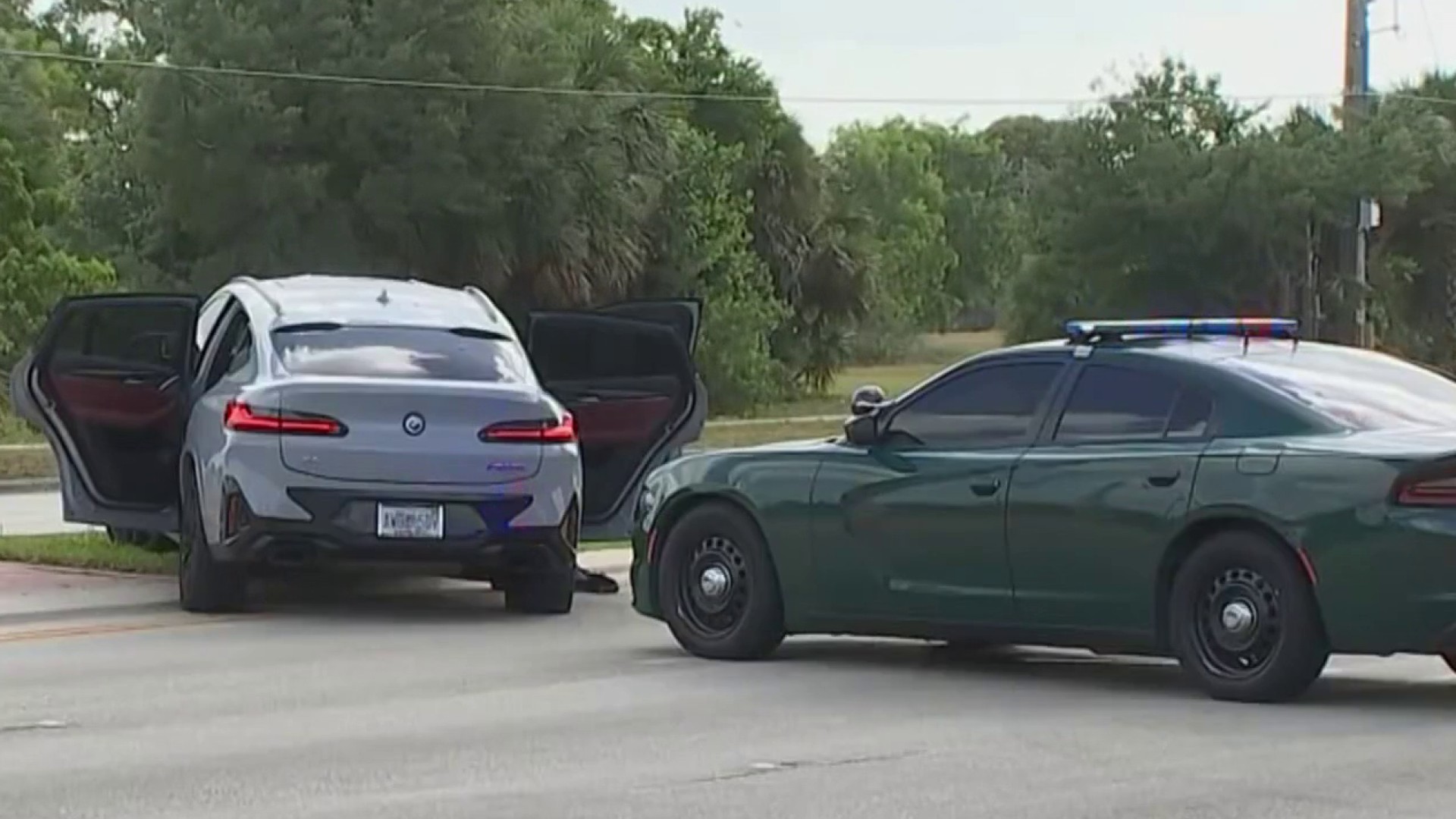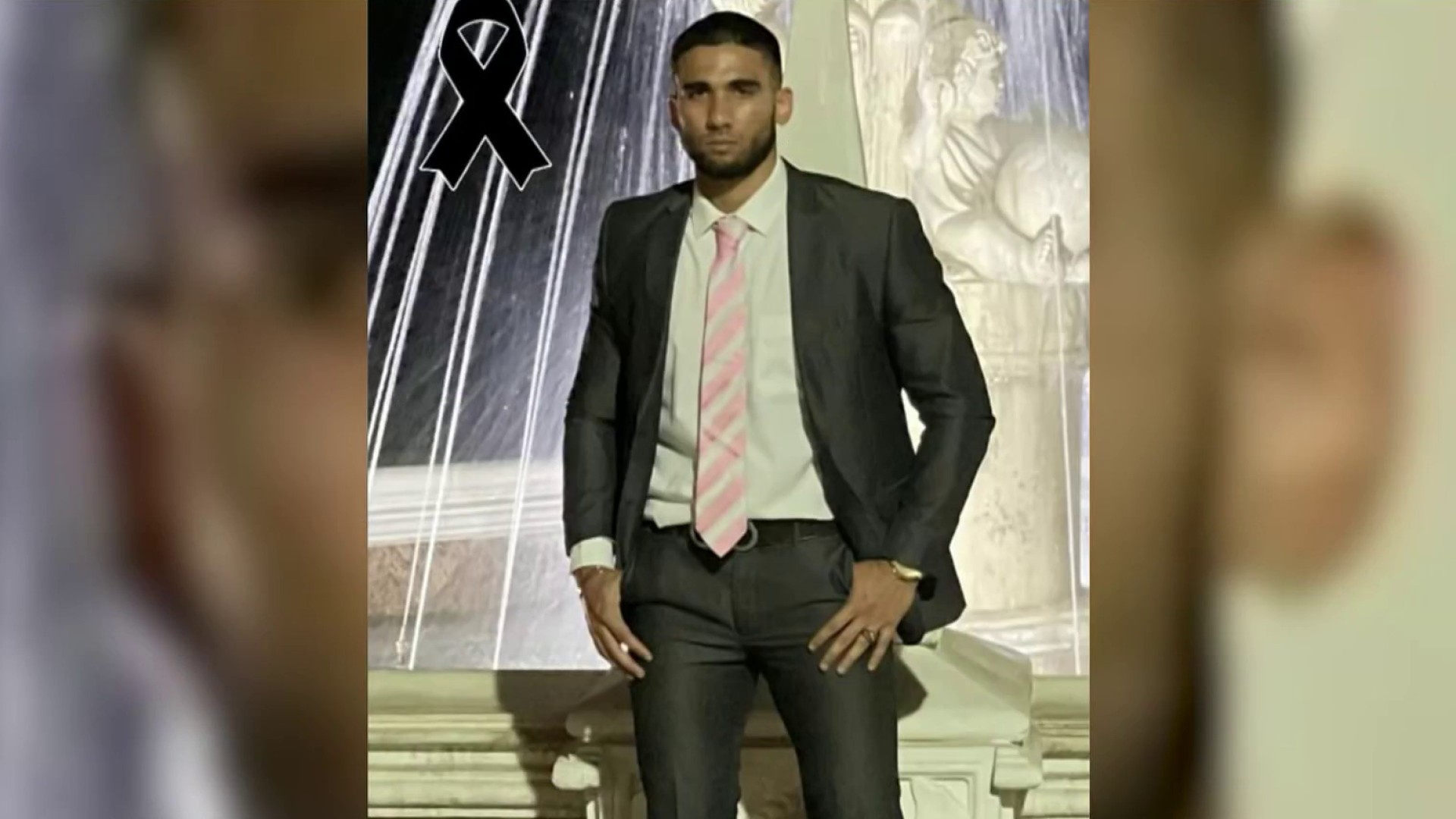It was an uneventful Memorial Day weekend in 2012. Sebastian Gregory, 16, had spent the day fishing with his family.
But by 3 a.m., Gregory told the Team 6 Investigators, he was restless, grabbed his iPod to listen to music and got dressed in a skull cap, dark extra-large t-shirt and and dark cargo pants.
Inside the oversize pants or his pants pocket, he tucked a 25-inch long aluminum tee-ball bat, he said to protect himself from bullies he knew from school.
As he walked the streets of his West Kendall neighborhood, Miami-Dade Police Officer Luis Manuel Perez stopped Gregory and ordered him to the ground with hands showing.
Gregory complied.
- WATCH PART 1: County to Pay $600k for Deaths in Botched MDPD Sting
Minutes later, Perez opened fire, shooting Gregory nine times in the back.
“There was nothing I could have done differently because I was doing exactly what he told me to,” Gregory said. “That’s the thing. There was nothing I could do differently.”
After a police-involved shooting Miami-Dade, homicide detectives are supposed to gather evidence and give it to prosecutors to investigate. But a former prosecutor says the probes are rubber stamped, making the outcomes a foregone conclusion.
Two years after Gregory’s shooting, prosecutors closed the case, concluding that the teen’s shooting was justifiable.
Another police report says the officer stopped Gregory because he saw a “bulge in this clothing” while another document cites a “rash of burglaries” in the area as the reason why the officer stopped Gregory.
Team 6 Investigators requested a crime grid within a one-mile radius of where Gregory was stopped and then shot. The Miami-Dade police data shows burglaries had dropped by 75 percent from two months before the shooting.
Local
Five months after the shooting, the narrative continues to evolve. In a sworn statement Officer Perez said he stopped Gregory because he saw something “shiny.” Gregory says the bat, which has a rubber grip, was concealed, tucked in his pants with his oversize shirt hanging outside his cargo pants.
Della Fera said police are trying to make their facts fit a theory that the officer was justified in what he did.
Despite his professed belief that Gregory was in possession of a gun, Perez said in his statement that after the teen was face down on the ground, he stopped to call for backup before cuffing him. That is when Gregory, according to Perez, “grabbed the shiny metallic object” and the officer shot him because he was in “fear for his life.”
Attorney Michael Feiler, who now represents the Gregorys, questions Perez’s actions.
“If proper procedure is followed, even accepting that the officer’s version of the events is true, you know what?” Feiler said. “Sebastian is handcuffed, the bat he had on him for his own protection is taken out of his pants. He gets taken in.
"What he does not get is shot," Feiler said.
Team 6 Investigators tried to ask Perez about the shooting. Officer Perez declined to comment as he walked into his home in Miami on a recent afternoon. His only comment: “Have a good day,” closing the front door of his house behind him.
Gregory says his days are filled with pain.
"That is the reason why I’ve been chained inside my house for the past year,” Gregory said. “It’s a constant pain that never goes away."
The bullets damaged several organs. Fragments – too risky to remove – remain in his liver and close to his spine. Doctors warned he might be paralyzed. But after months of painful therapy, he can at least walk short distances.
Now, he says, investigators are trying to brand him as a juvenile delinquent.
- MORE: Team 6 Investigations
“They are trying to vilify me just so they could say that (Perez) was justified in shooting me in the back,” Gregory said.
Police documents describe Gregory’s criminal history as “extensive.” He has pleaded no contest in juvenile court to two charges of damaging property worth over $1,000 and two misdemeanor concealed weapon charges, neither involving a gun.
Officer Perez had arrested Gregory weeks earlier for having a concealed bat and two 8-inch knives. Those charges were dropped.
"He [Perez] knew the kid to be a vandal,” Feiler said.
Police records also claimed Gregory was a documented member of the South Park Nation gang, presumably named after the animated TV show. But Gregory explained that rumor got started when his friend tried to show off to a cop.
“‘Oh, I’m going to tell the officer that we’re part of South Park Nation just so we can gain recognition,’” Gregory quoted his friend as saying. “He told him that and they documented us as South Park Nation gang members. It’s so stupid.”
Miami-Dade PD officials confirmed Gregory’s account and by e-mail said the “four youths did not succeed starting the gang.”
What’s more, Gregory never got to tell investigators his side of his story.
“I’m flabbergasted by that,” Feiler said. “He was shot and nobody even bothered to ask him 'can you tell me what happened?'"
Ed Griffith, a spokesperson for the Miami-Dade State Attorney’s Office, wrote in an e-mail: “We interview witnesses, not criminal defendants.”
Gregory is charged with no crime.
Prosecutors found Perez was legally justified when he shot Sebastian Gregory. No criminal charges will be filed.
“They always find a way to justify their actions, but for me that action is not justified because my son has nine holes in his back,” said Sebastian’s mother, Amalia Gregory.
Her husband, Andres Gregory, has only one question: Why?
“I’ve asked so many times why you can shoot so many times,” the father said. “I mean, you can shoot once if you feel threatened, but eight or nine times?
The last time a Florida cop faced criminal charges in a shooting was in 1989.
David Ranck, a former assistant state attorney, says he doesn’t believe the state attorney’s office wants to prosecute police officers.
“It’s a very difficult thing to go from being an adversary back to being an ally,” Ranck said.
Ranck says he questioned whether a police shooting was justifiable in 2004 and, as a result, was removed from the case. The lack of accountability, he says, sends the message that the state attorney’s office won’t prosecute any police officer, so they can shoot at will.
“The incestuous relationship has to end for the public to have any confidence that these things are being investigated without a conflict of interest,” Ranck said.
Until that happens, Andres Gregory has this warning.
“This can happen to anybody,” the father said. “Any parent should be concerned and worried because it can happen to anybody. My son wasn’t doing anything. He was just walking.”






